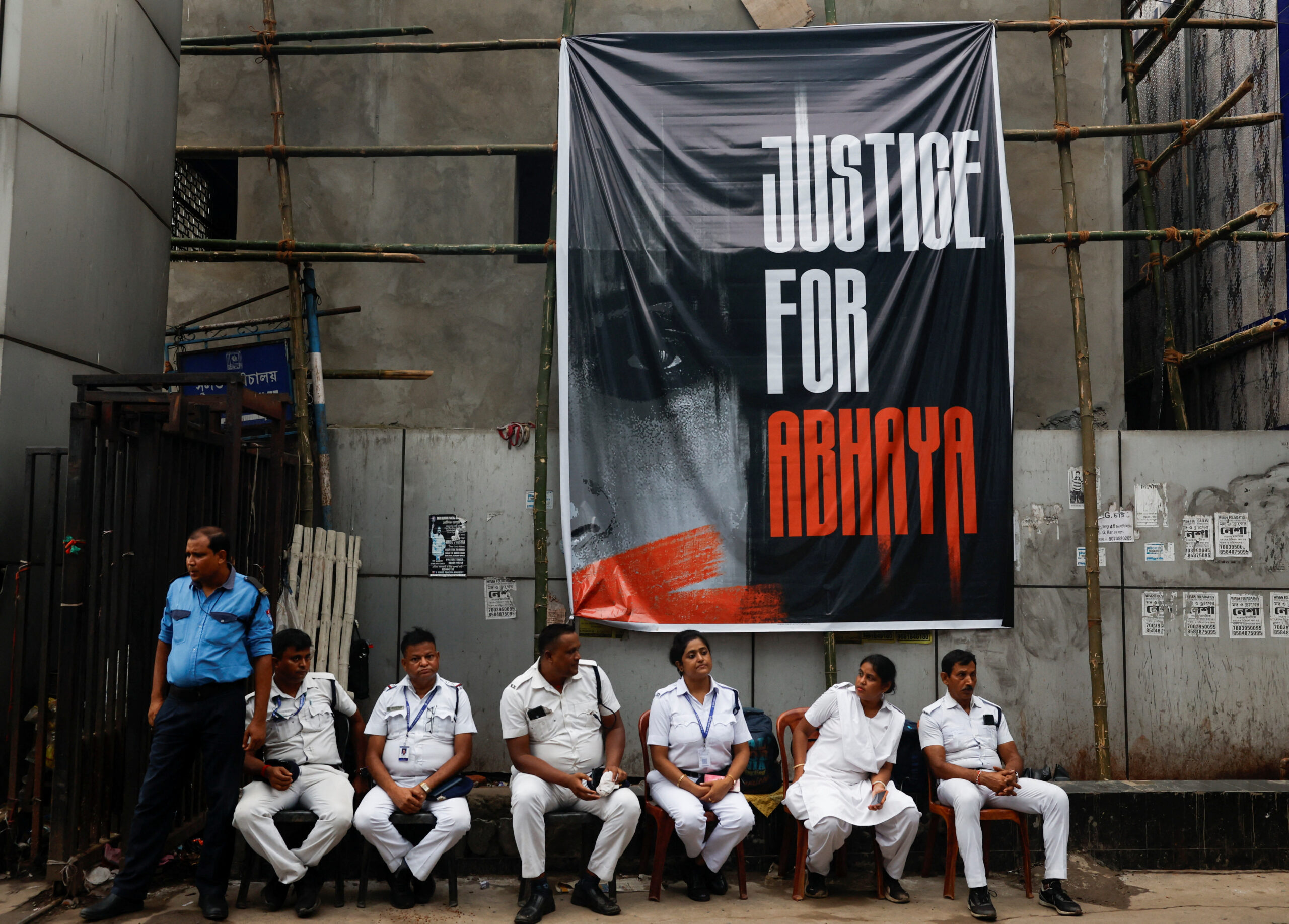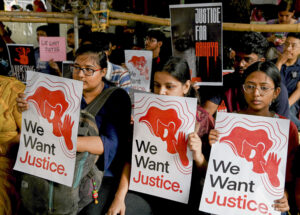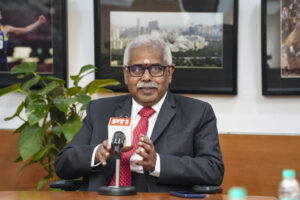- Friday, February 21, 2025
Those providing essential healthcare services are at risk of facing violence, often from an emotionally charged public

By: Shajil Kumar
THE recent horrific rape and murder of a doctor at R G Kar Medical College and Hospital in Kolkata has once again brought to focus the safety of women in workplaces.
India has a high rate of violence against women with the National Crime Records Bureau recording a total of 31,516 rape cases in 2022, an average of 86 cases per day.
Experts warn that the actual numbers may be much higher, as cases are recorded for just a small fraction of such crimes because of widespread stigma regarding rape victims and their families.
The Kolkata hospital incident has also exposed the vulnerabilities faced by healthcare workers while discaharging their duties.

Those providing essential healthcare services are at risk of facing violence, often from an aggressive and emotionally charged public.
They also sometimes face harassment and violence from their own colleagues.
It not just the doctors who are vulnerable, but the entire community of healthcare workers, including medical, paramedical and support staff.
In the latest incident at the RG Kar Medical College, a young female postgraduate doctor was raped and murdered during her 36-hour duty on August 9.
She was in charge of patients in the chest medicine ward in the hospital.
She was on the premises till 2 am, before going up to the seminar room, to take a break and study. She was brutally raped and murdered in the seminar room.
The have been numerous such incidents in the past. A survey in 2015 by the Indian Medical Association found 75 per cent of doctors in India had faced some form of violence.
Last August in New Delhi, a doctor was attacked following the death of a terminally ill patient.
The patient’s relatives first verbally abused doctors and other medical staff and then physically attacked them using scissors and dressing tray equipment.
Last May, a woman doctor at a government hospital in Kerala was stabbed to death by a criminal brought by the police for medical treatment.
Kerala law
The Kerala government strengthened the laws to punish those attacking healthcare workers while on duty.
Under the Kerala Healthcare Service Workers and Healthcare Service Institutions (Prevention of Violence and Damage to Property) Amendment Ordinance, anyone found guilty of causing grievous bodily harm to any healthcare worker or professional would be punished with imprisonment ranging from one year to seven years and a fine of ₹1 lakh to ₹5 lakh.
The ordinance also says that anyone who commits or attempts to commit or incites or inspires an act of violence against healthcare workers or those working in healthcare institutions shall be punished with imprisonment for a term of not less than six months and up to five years and with a fine between ₹50,000 and ₹2 lakh.
Besides the enhancement of punishment, the ordinance states that the trials in cases lodged under the Act have to be completed promptly and that special courts will be designated in each district to ensure speedy adjudication.
IMA demands
After the Kolkata rape and murder, the Indian Medical Association (IMA) had put forth five demands.
All hospitals across the country should be declared safe zones like airports. IMA chief Dr R V Asokan said at least the major hospitals should have a three-layer security.

Secondly, there should be a central law to check violence on healthcare workers. Asokan pointed out that 25 states have laws against attacks on doctors and hospitals, but these laws are mostly ineffective on the ground and do not serve the purpose of deterrence.
IMA wants the government to reconsider introducing the draft Healthcare Service Personnel and Clinical Establishments (Prohibition of Violence and Damage to Property) Bill, 2019, incorporating the amendments in the Epidemic Diseases Act, 1897 as approved and passed by Parliament in the Epidemic Diseases (Amendment) Act, 2020.
The IMA also demanded that the next of kin of Kolkata murder victim be given a decent and dignified compensation.
The IMA also wants the law enforcement agencies to carry out a time-bound prosecution as well as appropriate punishment for the culprits.
They have also called for a review of working hours and working conditions of the resident doctors.
Asokan pointed out that the Kolkata doctor was on a duty for 36 straight hours. “Is this correct? For how many hours do you want a doctor to be on duty? It will be humanly possible for eight hours or 12 hours, but to deploy a doctor for 36 hours? Mistakes are bound to happen. It is neither good for the patients nor for the doctors,” he said.